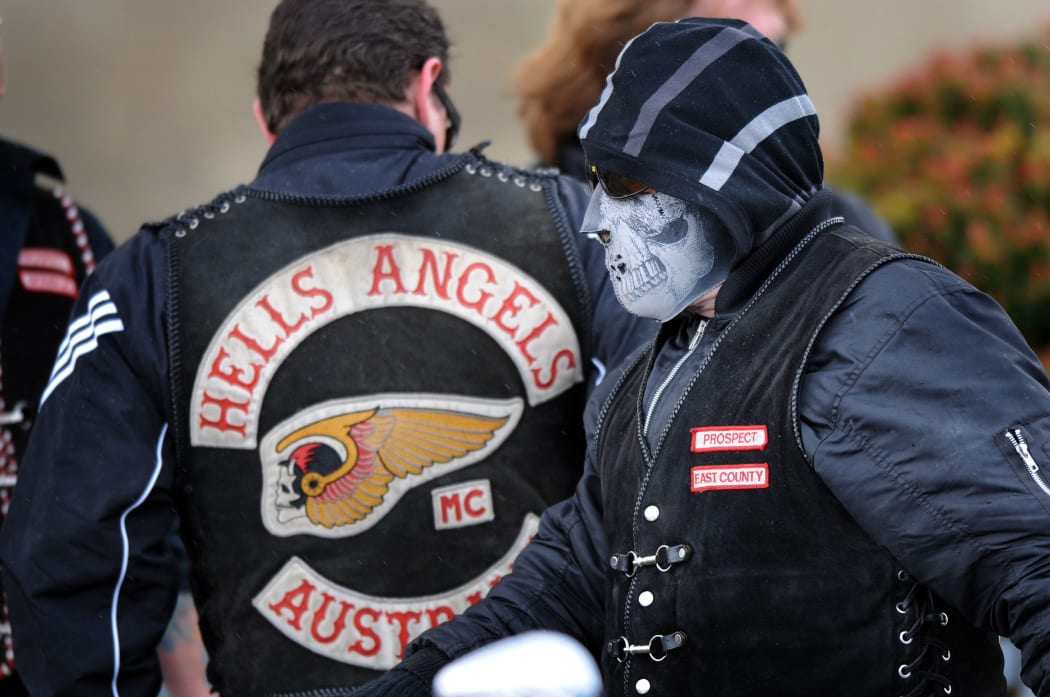New Zealand youths are helping to spread gang culture across the Tasman, according to a landmark new study into the world of Australian street gangs.

Photo: AAP
The study - carried out by Victoria Police Detective Superintendent Patrick Boyle - aimed to get a deeper insight into the growing gang culture in and around Melbourne.
He found that Victoria risked being overrun by "institutionalised gangs", including those that originate from New Zealand and the Pacific islands, and which had been allowed to flourish because of decades of being ignored by the police.
Mr Boyle spoke to 50 other police officers for his research, including a New Zealand officer. He told Nine to Noon today that one issue that arose was Australian-born Maori who picked up aspects of local gang culture during visits to family in this country.
"They were coming back with these myths about particular people and their names, which were being mentioned around town. These kids were then copying what they were seeing back home and bringing it back to Australia.
"These kids thought these guys were heroes, but they were criminals."
He said Australian police were also dealing with youths who had been getting into trouble in New Zealand and had been sent to live with family in Australia in an attempt to stay out of trouble.
"Their families are worried about them, and rightly so, and moving them to different locations, including Australia, to gain support form other members of their families. But the kid has come here and mixed with members of their family who might not be good people, or the child is virtually uncontrollable, and this has then seen the cancer of gang culture spread."
The academic research carried out by Mr Boyle also found that Maori and Pacific Island gangs were particularly inspired by US rap culture.
He said a lot of the violence caused by gangs fighting were often over the smallest reasons, such as an argument over girlfriends, but the response could be "quite horrific".
The research has now been sent to intelligence sections within Australian police, and Mr Boyle said authorities across the Tasman had ignored the issue of gang culture for too long.
"They were totally in denial, using terms like 'groups' instead of 'gangs', and Victorian police suffered because intelligence wasn't being gathered correctly, or they didn't collect evidence because officers were told we didn't have a problem, but we did."
His research also found that social media was a growing part of the issue.
"They use social media to arrange confrontations, but also to express their views, to communicate and to recruit. And they learn about other gangs around the world, although they all want to put their own slant on things."

